Multidisciplinary = the fruit bowl (single disciplines brought together) Interdisciplinary = a fruit salad (combine disciplines together for one output) Transdisciplinary = the smoothie (disciplines transformed-new). EU EnRRICH project
A young fruit enthusiast wanted to make a fruit salad. Seeing that so many different fruit suppliers bring all sorts of fruit to her fruit bar, and many customers in return buy individual fruits, she thought she’d make something that each fruit supplier doesn’t produce by combining their supplies – a fruit salad. Besides, there seems to be a great deal of excitement over this new mixing of various fruits and everybody seems to want and encourage it.
Having sampled many different fruits over the years, the fruit salad maker decided it is a good use of her time and expertise to get into the fruit salad making business. She decided on mango, kiwi and pineapple as her fruits of choice that would make her signature fruit salad. They blend very well, they are grown locally, and they complement one another. When mixed, they not only produce an excellent taste, but they are also very appetizing to look at. Most mango, kiwi and pineapple lovers should be able to appreciate and enjoy them, the fruit salad maker thought and she started the process of combining her fruits.
“Not so fast”, came along the fruit gatekeepers. “We need to first see that your tastes for fruits, ability to make fruit salad, and knowledge of each fruit is sufficient before we allow you to open this fruit bar”. Well, it’s legally required that a fruit bar is certified after all. And on the positive side, this certificate would signify a much-needed validation and boost from the fruit community.
Not being able to open her fruit bar without the recognition required and the seal of approval, the fruit salad maker embarked on the process of fulfilling the necessary requirements to pass the necessary tests. She compiled a convincing argument for the need for fruit salads, her knowledge of three fruits, and most importantly for her personal skills and passion for mixing fruits. She demonstrated how her fruits of choice go well together, why they should be made into fruit salad and how much her customers would benefit from such combination.
She then produced the first plate of fruit salad and put it in front of the fruit gatekeepers. “I love the idea of fruit salads. We are all stuck in our special fruit echo chambers. We should all try fruit salads and appreciate those that actually make colourful fruit salads”, said the mango gatekeeper. He then tasted a big mouthful of the fruit salad before him. “It needs more mango”, he said. “I also recommend you study the history of mango production and the fine-grained detail of the biochemistry of mango to make your fruit salad better. I am afraid I can’t let you past my gate until then”, he added.
The kiwi gatekeeper, who also confessed how much he loves fruit salads, followed and had a mouthful of the fruit salad in front of him. Like his previous colleague the mango gatekeeper, the kiwi gatekeeper seems to be solely concerned with the kiwi part of the fruit salad – not the whole combination. “Salt would really compliment the kiwis, add a pinch to bring out the flavour more. In order for me to recognize that you have used kiwi in your fruit salad, you need a lot more kiwi on your fruit salad,” he commented. “Plus, I don’t recognize the breed of kiwi that you’re using. I will give you a list of good kiwis you need to use. Until the kiwi is right, I am afraid it is my duty to not let you pass my gate. Better luck next time” he added.
Lastly, the pineapple gatekeeper scooped a spoonful of the fruit salad and tried it. “I also love the idea of fruit salads but I have to tell you that this is not how we slice pineapples over at the pineapple empire. We also marinate them in our special sauce. Your pineapples lack both. You really need to know your pineapple inside out if you are to call yourself a fruit salad maker at all. Plus, I see very little pineapple on this plate. So, get the special sauce from our empire and cut your pineapples our way. Only then can we give you our approval,” she exclaimed.
The fruit salad maker, unestablished and with much less power than the gatekeepers, felt disheartened. She tried to point out that each gatekeeper needs to look at the dish as a whole instead of focusing on each specific fruit. And, surely, the single fruit bars don’t go through as much scrutiny. Unfortunately, questioning the individual fruit experts didn’t do her any favours – they have been in their respective fruit business for much longer than she has and must surely know what they are doing. Who’s she to question their domain expertise?!
It felt as though, what they are demanding seemed too self-fulfilling and incommensurable at times. But then again, she suffered from too much self-doubt given that this is her first big attempt at making a fruit salad, to argue with their demands. Either way, if she is to get that business going, she needs each gatekeeper’s seal of approval. She went ahead and attempted to make the type of fruit salad that would satisfy each gatekeeper; with plenty of mango, huge helpings of ripe kiwi and custom sliced pineapples.
At the next round of testing, the fruit salad maker revised the plate in a manner that reflects the advice previously provided by the gatekeepers. Unfortunately, they unanimously agreed that the plate is overflooded with too much fruit, is unhealthy and is unattractive to look at. “All the excess fruit must be trimmed away,” they declared. “This is a health hazard and we cannot approve of such a dish. Think about how to make it neater, healthier and attractive and come back to us with your improved fruit salad. We will then discuss the matter and perhaps let you through our gate,” they said.
After many attempts to satisfy each of the gatekeepers version of a perfect fruit salad, the fruit salad maker is back to square one. She’s caught in a recursive loop. Each fruit connoisseur, expert on their own fruit, seems to underappreciate the taste and benefit of the fruit mix before them. Putting individual fruit experts together doesn’t necessarily make a fruit salad judge, after all.
Having gone through a number of time-consuming practices of making fruit salads and the bureaucratic paperwork associated with it, the fruit salad maker wonders if the fruit salad making business is worthwhile at all. Single fruit dealings, the dominant mode of doing business would have been simpler – not as rewarding for sure, but certainly simpler. But the thing is, once you develop the palate for the unique taste of fruit salads, nothing else will do.
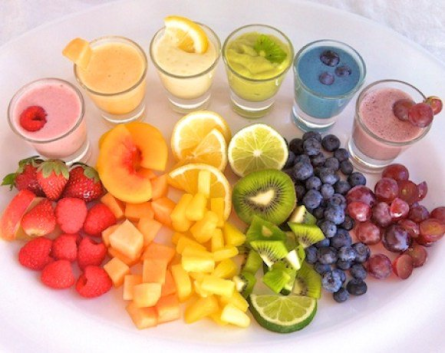
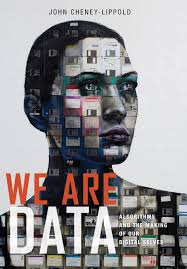
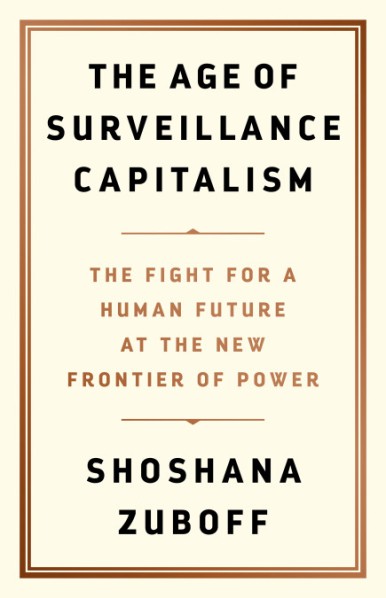
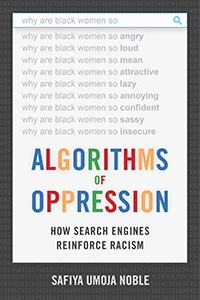
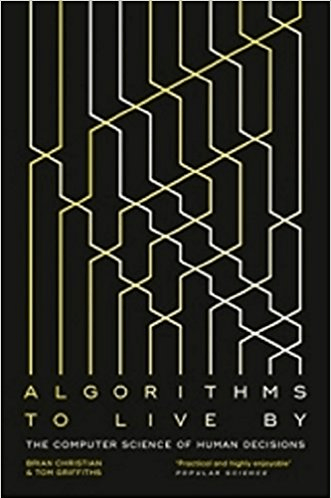
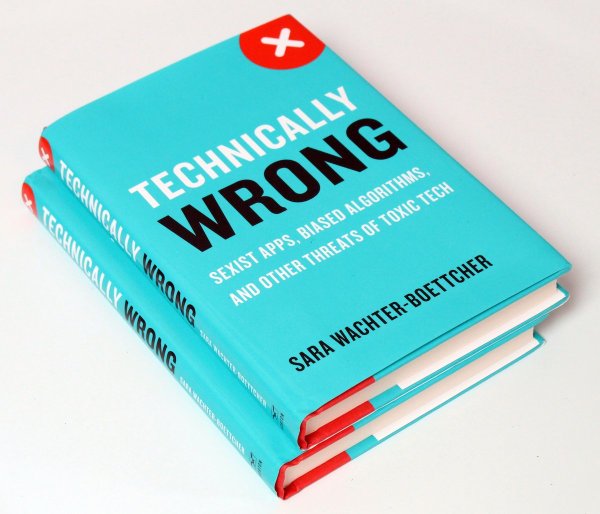
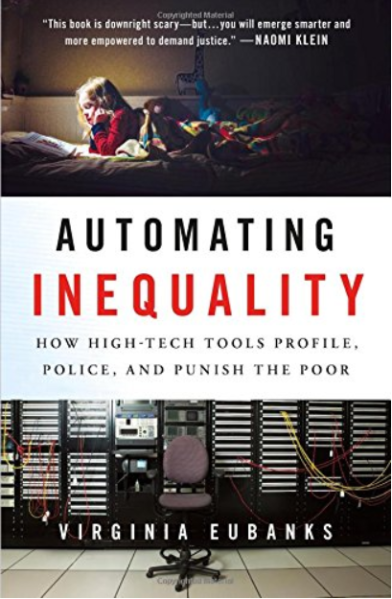

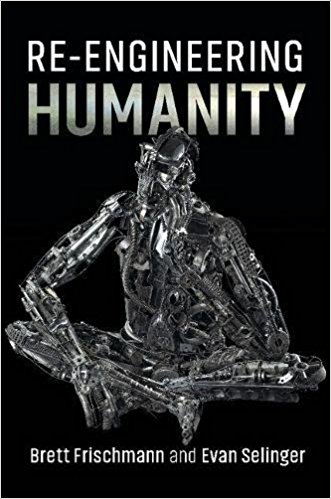
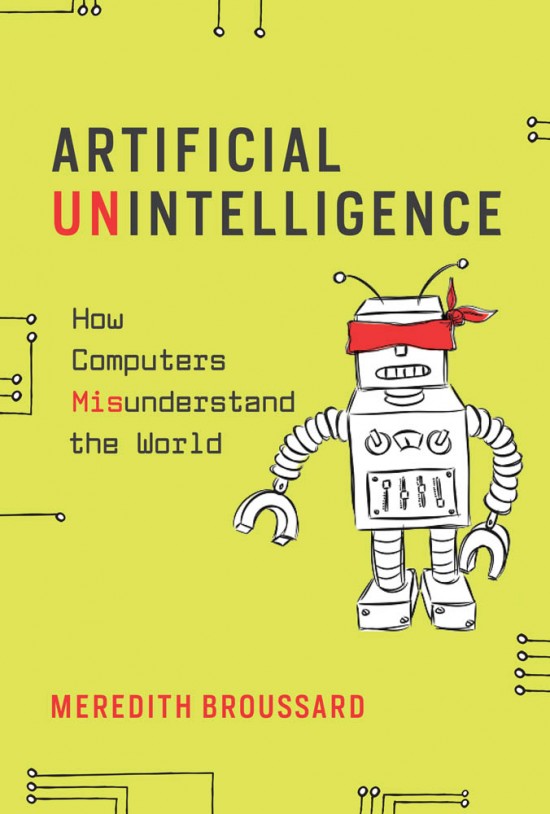 A guide to understanding the inner workings and outer limits of technology and why we should never assume that computers always get it right.
A guide to understanding the inner workings and outer limits of technology and why we should never assume that computers always get it right.